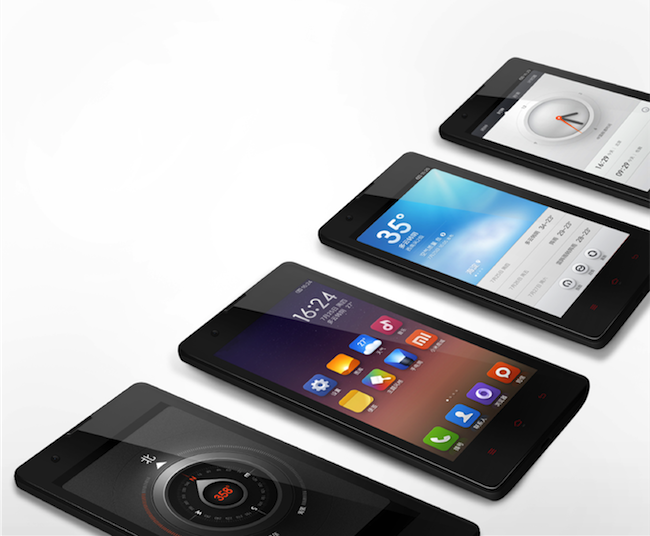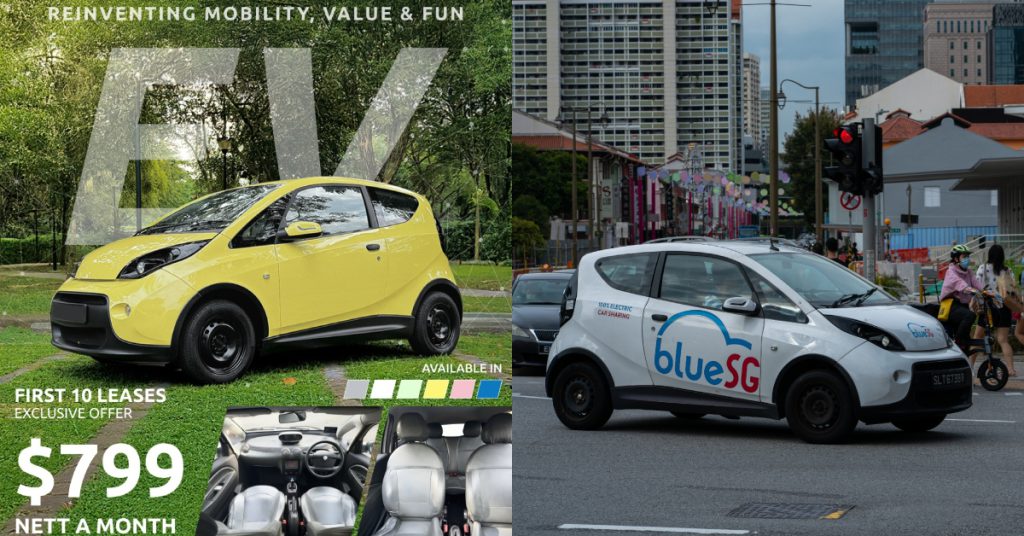Xiaomi is probably now known as one of the most aggressive smartphone brands in the world. It has expanded to Southeast Asia and recently India in just a matter of months, using flash sales as a way to generate buzz.
However, the Chinese company has been under a lot of media scrutiny recently. It has been called out as a copycat by popular tech blog TechCrunch as it blatantly copied much of Apple’s signature design cues.
TechCrunch’s Matt Burn noted, last week, CEO Lei Jun, wearing a black shirt and blue jeans, did his best to emulate Steve Jobs while unveiling the new Mi 4. He repetitively talked about Apple’s products. He even specifically stated that his company went to the same manufacturers that produce the iPhone to see what they could make for Xiaomi. And the presentation ended with a slide that stated “One more thing…”, an Apple hallmark.

Xiaomi has also been fined by the Taiwanese Fair Trade Commission (FTC) earlier last week for false advertising over the number of units that were sold in some of its flash sales that went on in Taiwan. FTC found that in three of its flash sales in December last year, Xiaomi had sold less units than it claimed to have in stock. A fine of NTD600,000 (around $20,000) was slapped on Xiaomi for this.
In case you are unfamiliar with the flash sales concept, usually during a flash sales, Xiaomi would advertise and offer a set number of products for sales at a particular date and time. Usually in the thousands, Xiaomi products usually sell out in its flash sales, usually within minutes or seconds. This helped the company generate a lot of hype and “perceived demand”.
In the three separate Taiwan flash sales last December, the total Redmi smartphones sold were lower than the amount Xiaomi had claimed. According to The Next Web, FTC’s investigations revealed that in each of the three flash sales, Xiaomi sold anywhere between 508 to 661 Redmi phones less than the company claimed, totalling 1780 devices less than advertised.

Xiaomi apologized to its customers on its official Weibo account shortly after that.
We wonder if the advertised units sold are accurate with its other countries too.














